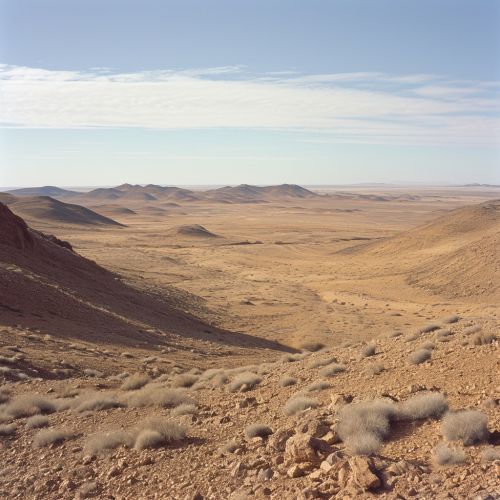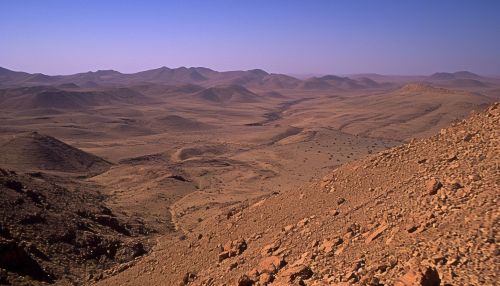Human rights in Western Sahara
Background
The issue of human rights in Western Sahara is a contentious one, with various entities and organizations expressing concern over the treatment of the Sahrawi people in the disputed territory. The Sahrawi people are the indigenous inhabitants of Western Sahara, a territory that has been the subject of a protracted conflict between Morocco and the Polisario Front.


Historical Context
The human rights situation in Western Sahara is deeply rooted in its history. The territory was colonized by Spain in the late 19th century, and was known as the Spanish Sahara until 1975. The decolonization process was fraught with difficulties, leading to a power vacuum that was filled by Morocco and Mauritania, both of which claimed sovereignty over the territory. This led to the Western Sahara conflict, a struggle for independence led by the Polisario Front against Moroccan and Mauritanian forces.
Human Rights Concerns
There are numerous human rights concerns in Western Sahara, many of which are related to the ongoing conflict. These include allegations of torture, arbitrary arrest, and enforced disappearance, as well as restrictions on freedom of speech, freedom of assembly, and freedom of movement. The United Nations has expressed concern over these issues, and has called for greater respect for human rights in the territory.
Role of International Organizations
Several international organizations have been involved in monitoring the human rights situation in Western Sahara. The United Nations Mission for the Referendum in Western Sahara (MINURSO) is one such organization, although its mandate does not currently include human rights monitoring. Other organizations, such as Human Rights Watch and Amnesty International, have conducted investigations into alleged human rights abuses in the territory.
Future Prospects
The future of human rights in Western Sahara is uncertain. While there have been some improvements in recent years, many challenges remain. The ongoing conflict and political instability make it difficult to ensure the protection of human rights, and the lack of a clear resolution to the territorial dispute continues to fuel tension and unrest. It is hoped that ongoing negotiations and international pressure will lead to a peaceful resolution and improved human rights conditions in the territory.
